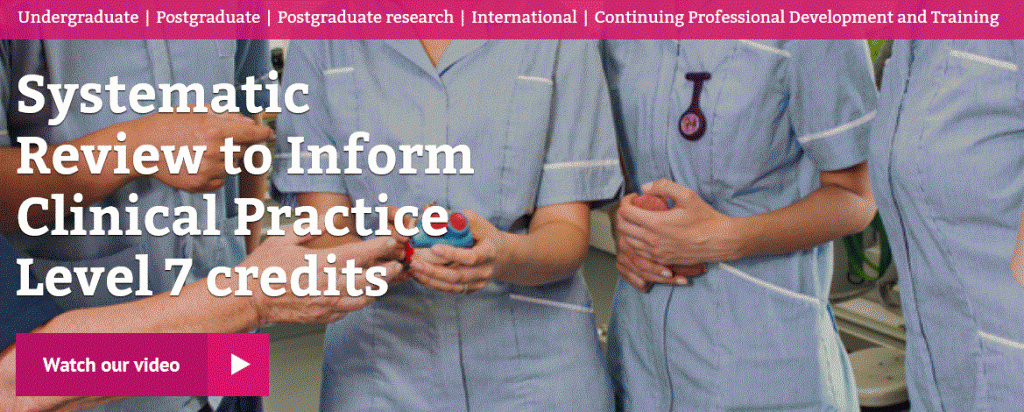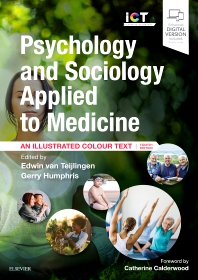
The Royal Society
The Royal Society has some training opportunities coming up in March for researchers who want to find out more about public engagement and school engagement.
12 March 2019, 10am – 4.30pm
This course will enable you to take part in, or create, public engagement activities that are research-led and relevant to you. Designed with early-mid career researchers in mind, the course includes sessions on the benefits of public engagement, what ‘good’ looks like and understanding audiences, as well as how to create public engagement activities that grow out of, and complement, your research.
The course will be delivered by Dr Steve Cross in an interactive and participatory style, combining discussion, reflection and activity based approaches.
Find out more about the course and how to register.
21 March 2019, 10am – 5pm
This course offers early-mid career researchers the opportunity to share experiences and learning with like-minded scientists, to explore approaches for engaging more effectively with schools and young people, and to reflect on your own activities and aspirations for working with schools.
The course will be delivered by Dr Ceri Harrop and Dee-Ann Johnson and will include sessions on understanding the school environment, exploring teacher and pupil expectations, considering learning methodologies and practical tips for pitching, designing and delivering engaging activities in schools.
Find out more about the course and how to register.
Costs
Each course costs £150+VAT. The course fee and travel expenses are covered for Royal Society fellowship holders, including the University Research Fellowship, Dorothy Hodgkin Fellowship, Sir Henry Dale Fellowship, Newton International Fellowship and Industry Fellowship.
If you have any questions please email public.engagement@royalsociety.org.
























 Seeing the fruits of your labour in Bangladesh
Seeing the fruits of your labour in Bangladesh Exploring Embodied Research: Body Map Storytelling Workshop & Research Seminar
Exploring Embodied Research: Body Map Storytelling Workshop & Research Seminar Marking a Milestone: The Swash Channel Wreck Book Launch
Marking a Milestone: The Swash Channel Wreck Book Launch No access to BRIAN 5-6th February
No access to BRIAN 5-6th February ECR Funding Open Call: Research Culture & Community Grant – Application Deadline Friday 12 December
ECR Funding Open Call: Research Culture & Community Grant – Application Deadline Friday 12 December MSCA Postdoctoral Fellowships 2025 Call
MSCA Postdoctoral Fellowships 2025 Call ERC Advanced Grant 2025 Webinar
ERC Advanced Grant 2025 Webinar Update on UKRO services
Update on UKRO services European research project exploring use of ‘virtual twins’ to better manage metabolic associated fatty liver disease
European research project exploring use of ‘virtual twins’ to better manage metabolic associated fatty liver disease